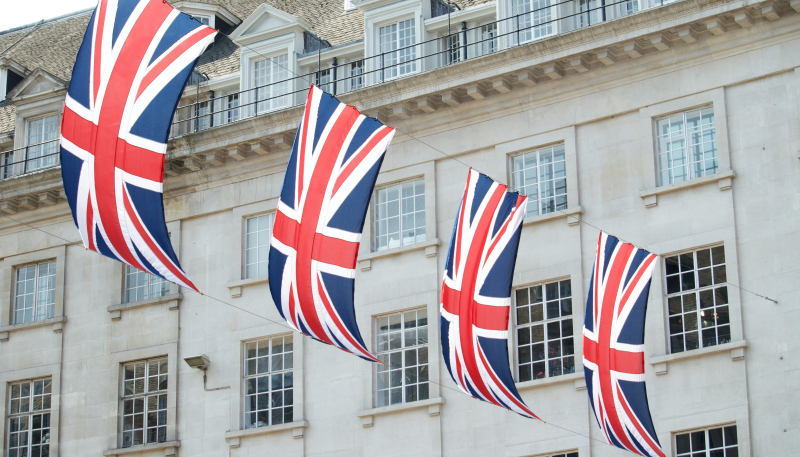United States government officials are investigating whether the United Kingdom violated a bilateral agreement by demanding that Apple provide backdoor access to end-to-end encrypted data stored in iCloud, according to a letter from National Intelligence Director Tulsi Gabbard (via Reuters).
“My lawyers are working to provide a legal opinion on the implications of the reported U.K. demands against Apple on the bilateral CLOUD Act agreement,” Gabbard wrote to U.S. Ron Wyden, an Oregon Democrat, and Rep. Andy Biggs, an Arizona Republican.
“Upon initial review of the U.S. and U.K. bilateral CLOUD Act Agreement, the United Kingdom may not issue demands for data of U.S. citizens, nationals, or lawful permanent residents (“U.S. persons”), nor is it authorized to demand the data of persons located inside the United States.”
The investigation comes after Apple’s decision to pull its Advanced Data Protection feature from the UK following a secret order from the UK government requiring Apple to provide access to encrypted user data around the globe.
The CLOUD Act (Clarifying Lawful Overseas Use of Data Act) prohibits both countries from issuing demands for the other country’s citizens’ data. Gabbard said she was not made aware of the U.K. order prior to it being reported in the media.
Apple’s iCloud backups have been end-to-end encrypted since 2022, ensuring that only users have access to their data. The California firm has long been opposed to creating encryption backdoors to iCloud data, as any backdoor used by government authorities could also be used by bad actors to access the data.
The U.K.’s demand for access to the encrypted data of users in other countries comes as U.S. agencies like the FBI and CISA are advocating for the increased use of encryption to protect against cyber threats from players like China (and apparently the U.K.).
(Photo by A Perry on Unsplash)


